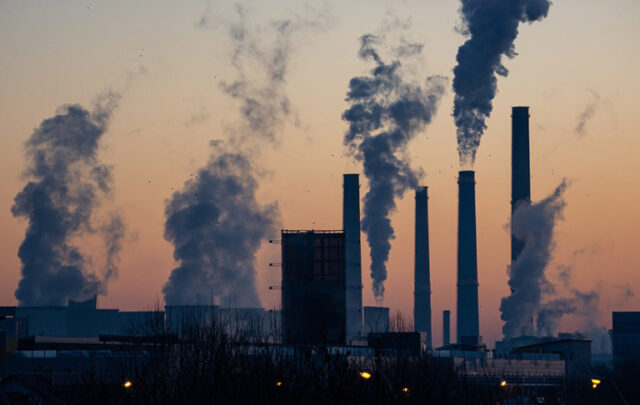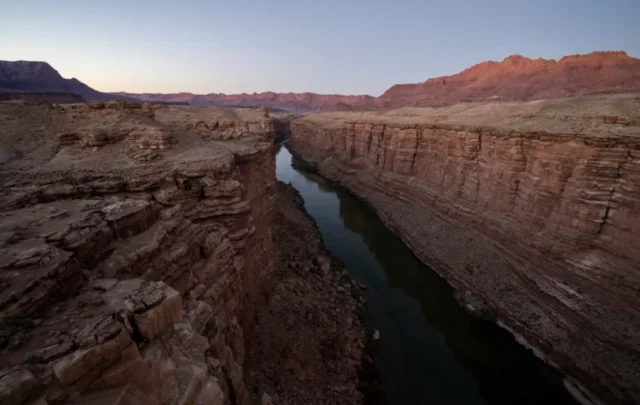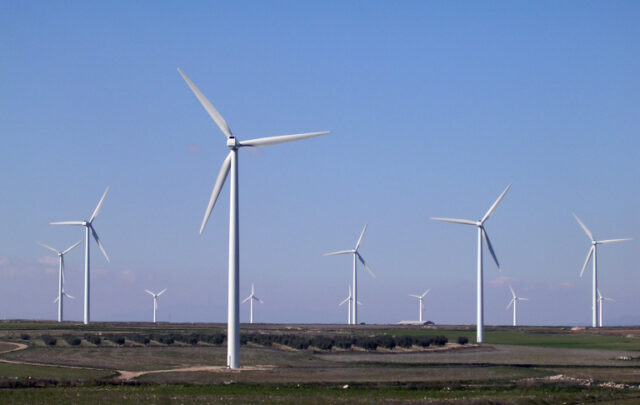Click on the headline (link) for the full text.
Supply shock from North American oil rippling through global markets
International Energy Agency
The supply shock created by a surge in North American oil production will be as transformative to the market over the next five years as was the rise of Chinese demand over the last 15, the International Energy Agency (IEA) said in its annual Medium-Term Oil Market Report (MTOMR) released today. The shift will not only cause oil companies to overhaul their global investment strategies, but also reshape the way oil is transported, stored and refined.
According to the MTOMR, the effects of continued growth in North American supply – led by US light, tight oil (LTO) and Canadian oil sands – will cascade through the global oil market. Although shale oil development outside North America may not be a large-scale reality during the report’s five-year timeframe, the technologies responsible for the boom will increase production from mature, conventional fields – causing companies to reconsider investments in higher-risk areas.
In virtually every other aspect of the market, developing economies are in the driver’s seat. This quarter, for the first time, non-OECD economies will overtake OECD nations in oil demand. At the same time, massive refinery capacity increases in non-OECD economies are accelerating a broad restructuring of the global refining industry and oil trading patterns. European refiners will see no let-up from the squeeze caused by increasing US product exports and the new Asian and Middle Eastern refining titans…
(14 May 2013)
Link to report overview
The IEA Says Peak Oil Is Dead. That’s Bad News for Climate Policy
Bryan Walsh, Time Magazine
No one—aside maybe from survivalists who’d stocked up on MREs and assault rifles—was really looking forward to a peak-oil world…
Increasingly, though, that doesn’t seem likely to happen. New oil sources, many of them unlocked by new technology—the Canadian oil sands, tight oil in North Dakota and Texas, ultra-deepwater oil in the Atlantic—has helped keep the supply of oil growing, even as greater efficiency measures and other social shifts have helped blunt demand in rich countries like the U.S. Oil isn’t likely to be cheap—a barrel of Brent crude is $102—and getting it out of the ground isn’t going to get any easier. But it’s increasingly likely that we will have more than enough oil in the future to keep the global economy growing and stave off any Mel Gibson-esque apocalypses…
(15 May 2013)
Saudis welcome US shale boom
Ed Crooks, Financial Times
Saudi Arabia welcomes the boom in US shale production because it will reassure consumers about the reliability of oil supplies…
(13 May 2013)
China Seen Boosting Emergency Oil-Storage Capacity, IEA Says
Jing Yang, Bloomberg
China will probably commission additional storage sites for its strategic petroleum reserve this year, boosting crude demand even as construction work on the program takes longer than expected, according to the International Energy Agency.
The nation, the world’s second-biggest crude consumer, will add 245 million barrels of capacity in the second phase of its emergency stockpile plan, the Paris-based IEA said in its Medium-Term Oil Market Report released today. That’s up 45 percent from the IEA’s original estimate of 169 million barrels. Completion may be delayed to 2015, according to the agency, which originally forecast the project would be finished by the end of this year.
China, which buys about half its crude from overseas, is building emergency oil reserves equivalent to 100 days of net imports before 2020 in three phases to lessen the risk of supply disruptions, China Petrochemical Corp., the nation’s top oil refiner, said in September 2009, citing a plan approved by the State Council. While high crude costs and construction delays have slowed purchases so far, many regional administrations have expressed interest in holding supplies, the IEA said…
(14 May 2013)
Peak oil, climate change and pipeline geopolitics driving Syria conflict
Nafeez Ahmed, The Guardian
The civil war in Syria has been devastating, generating a death toll fast approaching 100,000, while uprooting millions of civilians from their homes. But as the US and Russia signed an unprecedented accord on Wednesday in search of a political solution to an increasingly intractable conflict, its underlying causes in a fatal convergence of energy, climate and economic factors remain little understood…
But the US, Israel and other external powers are hardly honest brokers. Behind the facade of humanitarian concern, familiar interests are at stake. Three months ago, Iraq gave the greenlight for the signing of a framework agreement for construction of pipelines to transport natural gas from Iran’s South Pars field – which it shares with Qatar – across Iraq, to Syria.
The Memorandum of Understanding (MoU) for the pipelines was signed in July last year – just as Syria’s civil war was spreading to Damascus and Aleppo – but the negotiations go back further to 2010. The pipeline, which could be extended to Lebanon and Europe, would potentially solidify Iran’s position as a formidable global player.
The Iran-Iraq-Syria pipeline plan is a "direct slap in the face" to Qatar’s plans for a countervailing pipeline running from Qatar’s North field, contiguous with Iran’s South Pars field, through Saudi Arabia, Jordan, Syria and on to Turkey, also with a view to supply European markets.
The difference is that the pipeline would bypass Russia…
(13 May 2013)
Avoiding the ‘Energy Abyss’
EV World Editorial Staff, EV World
John Hofmeister doesn’t call it ‘peak oil,’ instead he calls it the ‘energy abyss,’ the point at which the global economy ceases to grow because the oil industry can no longer meet demand.
Hofmeister is the former president of Shell Oil, the same Shell Oil that is preparing to drill the deepest hole yet drilled to reach oil and gas 200 miles out in the Gulf of Mexico in 9,500 feet (2,900m) of water, surpassing the working depth of Shell’s Perdido rig, also located out in the Gulf and producing around 100,000 barrels a day. The cost of that rig: $3 billion…
“It’s inevitable. The industry that produces oil can’t produce enough, unless the world doesn’t grow. It’s possible that we will have such expensive oil that we will stymie growth. How many people will suffer?
(17 May 2013)
Shell Targeted With BP in EU Price Fixing Probe for Oil
Brian Swint, Lananh Nguyen & Joe Carroll, Bloomberg
Three of Europe’s biggest oil explorers are among companies being questioned by European antitrust regulators about potential manipulation of prices in the $3.4 trillion-a-year global crude market.
Royal Dutch Shell Plc (RDSA), BP Plc (BPLN), Statoil ASA (STL) and Platts, the oil-price data collector owned by McGraw Hill Financial Inc (MHFI)., said they’re being investigated after the European Commission conducted raids in three countries to ferret out evidence of collusion. Price fixing in energy markets has the potential to inflate production costs and consumer prices for everything from gasoline to airline tickets to cosmetics.
The probe, which extends to undisclosed crude-derived products and biofuels, underscores how pricing in some energy markets lacks the transparency of financial products such as stocks and U.S. corporate bonds…
(14 May 2013)
Oil barrel drip via shutterstock. Reproduced at Resilience.org with permission.






